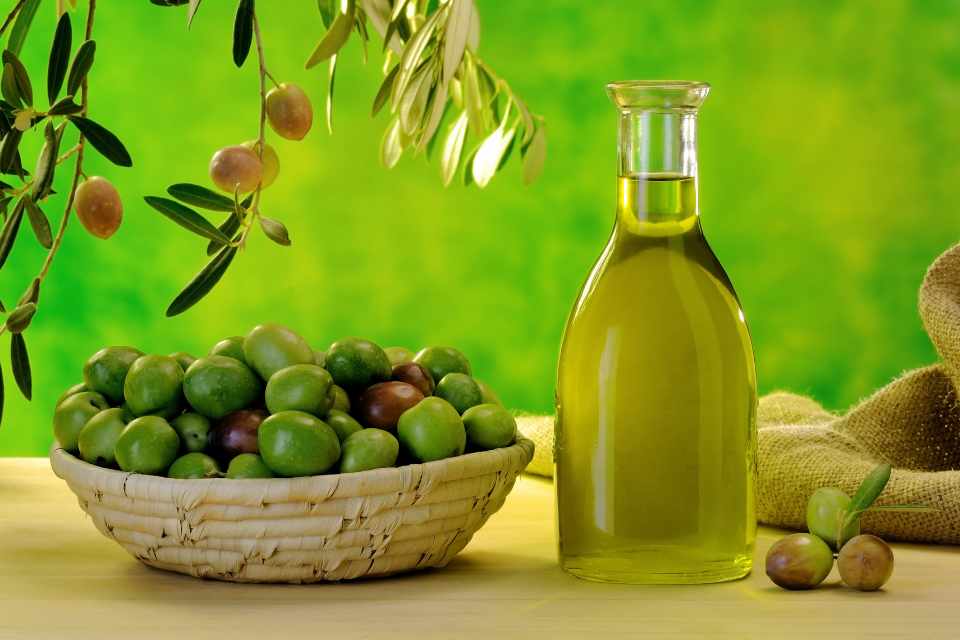Given the regularity of food related news headlines, and especially those that seem to contradict ‘last week’s news’, it’s perhaps not surprising that many people are unsure about what they should believe. What should we eat to improve our health or even prevent chronic disease? Low fat or low carb? What about grains or gluten? Are eggs okay, or not? It can be very confusing.
According to research the healthiest way to eat is the Mediterranean type diet. One aspect of this type of diet is the abundance of fruits and vegetables it supplies. These contain a wide variety of nutrients and fibre.
It appears the fibre could be more important than was once thought. Not just an inert substance easing the passage of stools. But, food for the microscopic organisms living in our gut, that have a huge potential to influence our health.
Our gut bacteria:
- regulate our immune system
- produce various essential nutrients, such as B vitamins, vitamin K and antioxidants
- ferment dietary fibre producing short chain fatty acids such as butyrate, which is food for the cells lining our digestive tract
On the other hand, there are plenty of factors in our modern world that can adversely affect our gut microbiota. A poor diet, especially a diet low in fibre, medications such as antibiotics and NSAIDs, chronic infections, physical inactivity and so on.
The good news is that it is possible to improve the composition of your gut microbiota. In fact, this may be achievable in a matter of days with dietary modifications.
Here’s how:
Eat probiotic foods regularly, or supplement
I’ve talked a lot about probiotics before. Probiotics are beneficial bacteria that are available in supplement form, or are a natural part of certain foods. Fermented foods such as yoghurt, kefir, certain cheeses, and traditionally prepared fermented foods such as sauerkraut, or kimchi are natural sources of probiotics.
Include prebiotic foods often, or supplement
Prebiotic foods are those foods that we don’t easily digest, but that our beneficial gut microbes can. We might think of these foods generally as those that are high in fibre. Many high fibre foods contain undigestible carbohydrates that can be fermented by microbes into short chain fatty acids. Particularly beneficial foods are those that contain inulin, these are artichokes, chicory, leeks, onion and garlic.
Consume foods rich in polyphenols
Polyphenols are plant chemicals that are metabolised by gut bacteria creating health promoting substances, including antioxidants. The Mediterranean diet is rich in polyphenols, a fact that might explain it’s health promoting effects. Foods rich in polyphenols include extra-virgin olive oil, red wine, onions, garlic, coffee, nuts and seeds, fruits and berries.
Keep processed foods to a minimum, or avoid completely
Many processed foods contain additives such as emulsifiers or artificial sweeteners. These additives may contribute to gut dysbiosis and therefore disease development.
Emulsifiers such as soy lecithin may erode the mucous layer coating the intestinal lining. This could promote inflammation and dysbiosis.
Artificial sweeteners such as saccharin are not digested by humans. However, they can affect the balance of gut bacterial species and may cause dysbiosis.
Keep red meat consumption low
Certain gut bacteria act on carnitine, a component of red meat. According to research, the products of this metabolism can accelerate atherosclerosis and therefore increase the risk of developing heart disease.
Putting it all together, a habitual diet high in fruits and vegetables, rich in probiotic and prebiotic foods, and plenty of polyphenols, whilst minimising red meat and processed foods, is in line with longstanding dietary advice. But, now perhaps with a better understanding of why this might be the healthiest option.
If you liked this article, you might also like:
Can dietary change reduce bone loss in osteoporosis?
How to lower cholesterol naturally with food as medicine








0 Comments